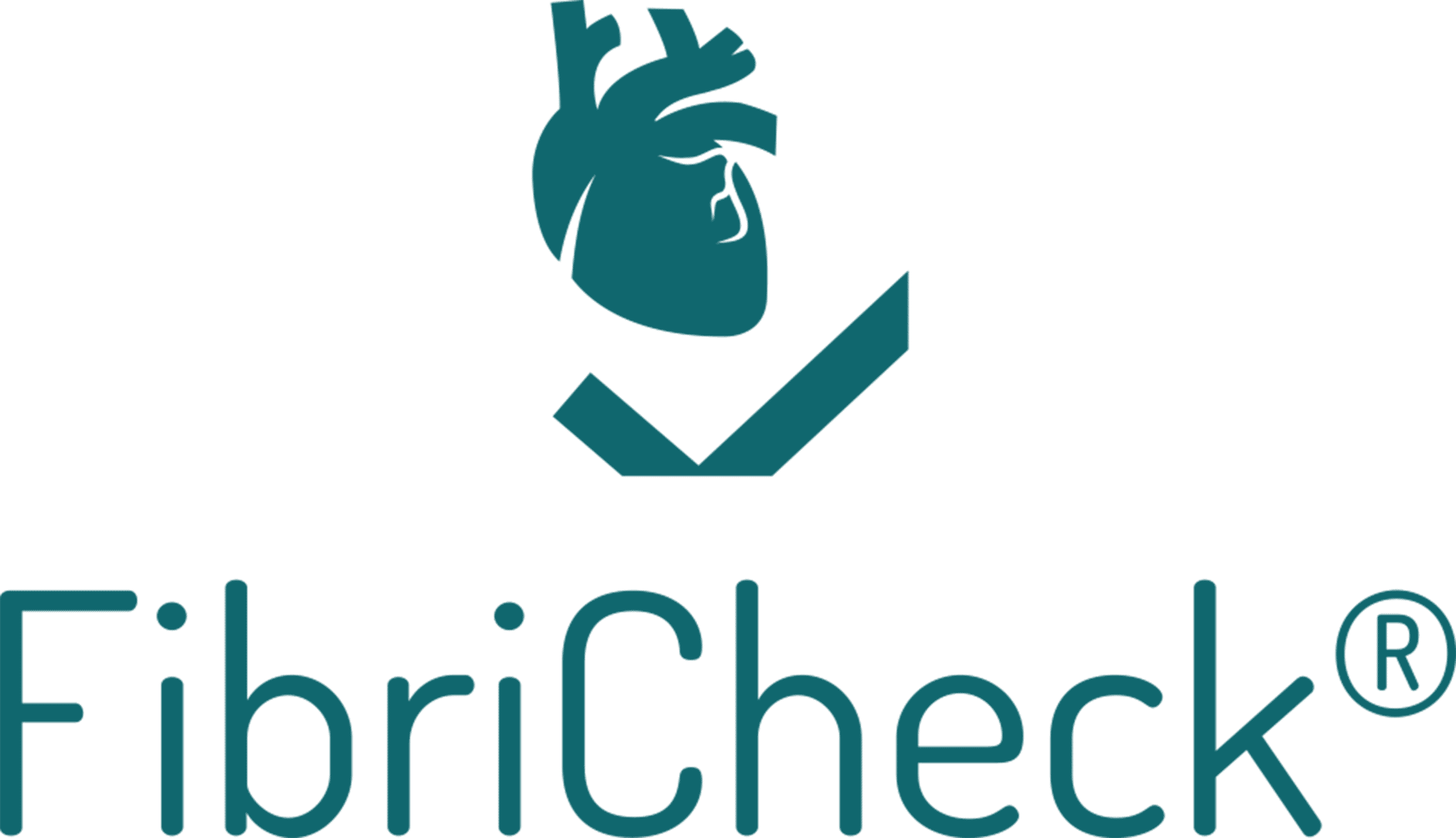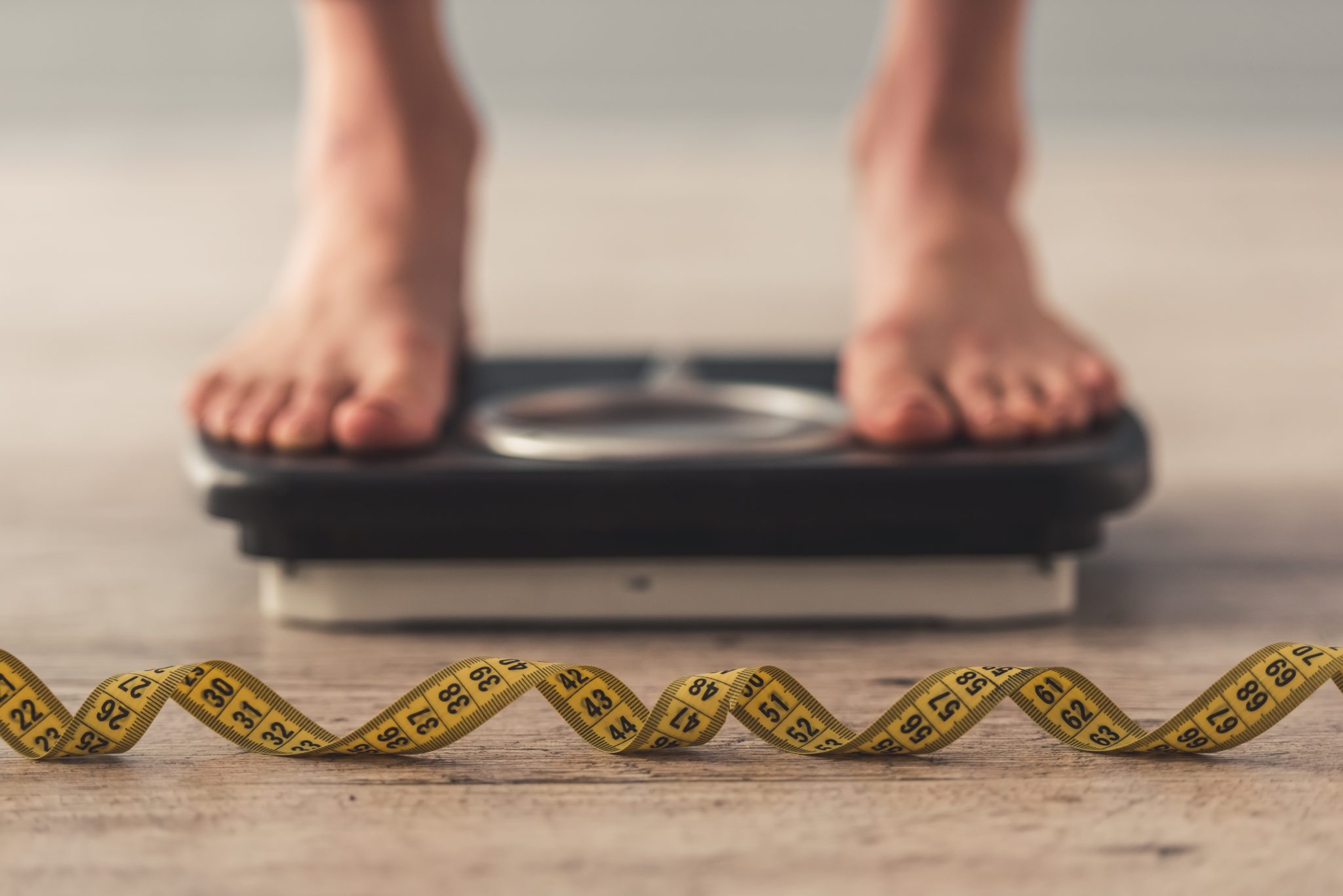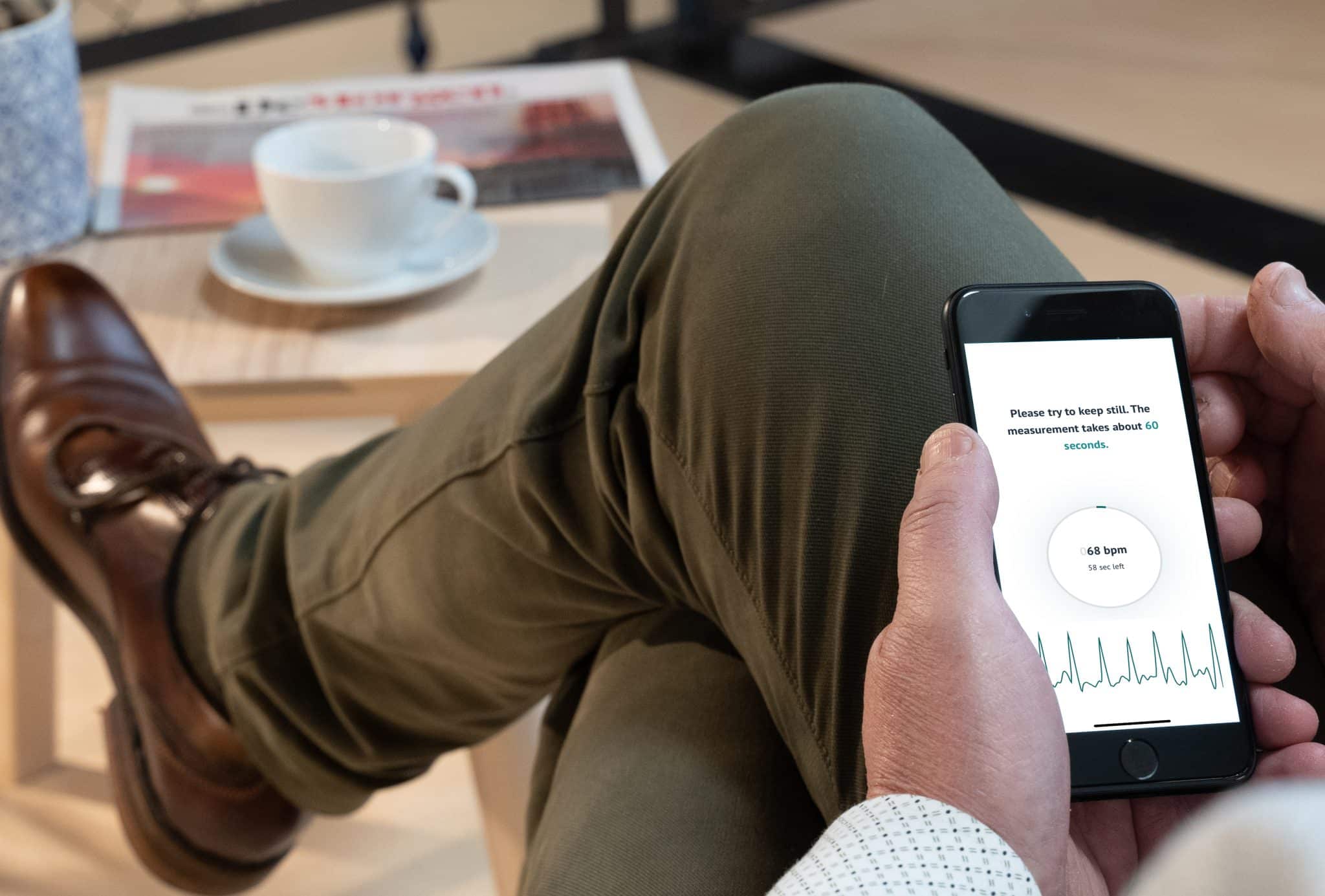Stress has become part of everyday life for all of us. It is that bad that we have even come to accept stress as normal. But is it normal though? What exactly is stress? What does it do to our body? And what is the best way to deal with it?
What is stress? From lifesaver to lifetaker
How would you react if you suddenly found yourself face to face with a burglar in your home? There is no time to think. Your stress level instantly skyrockets! And that is a good thing. The stress hormone your body produces puts you on edge, makes you focused and ready for action. Flight, fight or freeze? Stress helps you make that crucial decision. And the same goes for less life-threatening situations. Right before you address an audience, in busy city traffic, or before you go head to head with your opponent(s) on the sports ground for instance.
In fact, stress is a very natural, healthy bodily response. But things can go wrong when the pressure is too great or the tension goes on for too long. In the case of persistent relationship problems for example. Or when you are feeling insecure about your health, your financial situation or your job.
If you feel you have little to no control over a situation and there is no or insufficient scope for recovery, that is when the situation gets debilitating. Even the sturdiest of rocks can get slowly worn down by flowing water. The same thing happens to the human body.
Extreme or persistent stress levels completely throw our immune system into disarray. In that case, our body goes into survival mode over a protracted length of time, which has a negative impact on our body.1
How does stress develop?
Stress is a many-faceted animal and manifests itself in a variety of different ways. We experience acute stress when we suddenly find ourselves in an emergency situation. This may be mental (oh, I left my wallet at home!) or physical (you are involved in a road traffic accident).
But stress can also become chronic. A lot of the time, there is not even a single clearly demonstrable cause.
Long-term bodily and mental discomforts, everyday worries or a lack of routine also have an impact. The day-to-day hubbub at work, school, hobbies, sports activities and high expectations means we often end up struggling badly, mentally. Which in turn has quite an impact on our body.1
Wanted: stress resilience
Stress also has an individual side. The thing is: it works both ways. It’s not just acute or unrelenting tension that determines how we feel. Our individual resilience also plays a part in this. If you are feeling comfortable in your own skin, you feel like you could take on the world.

But watch out for those times when you are feeling weak and less resilient. It is at times like these that stress has a nasty habit of sapping your energy and chipping away at your state of mind. Stress also hits perfectionists, passionate and competitive people harder… The kind of people who put extra pressure on themselves to boot. As though the outside pressure we face from the world around us is not bad enough in this day and age.1
Stress resilience is a valuable personality trait to have in the hustle and bustle of everyday life. Just check out how this ‘quality’ pops up in just about every single job advertisement out there, regardless of the post involved. Extensive scientific research provides irrefutable proof of the link between work-related stress and cardiovascular disease. Male, female, young or old, on the shop floor or at managerial level: it makes no difference. All of us are potential victims. Stress is not exactly picky.2
So what causes this work-related tension? Research shows that long working days (over 55 hours a week versus the standard 40 hours), constantly changing shifts, working the graveyard shift, along with the job content, weighty responsibilities, feeling under-appreciated by your employer and job insecurity can tear your resilience to shreds.2
Symptoms: how to spot stress?
Are you facing (too much) pressure? Your body responds in various ways. These are potential red flags which could be signs of stress.1
- You can feel your heart thumping in your chest.
- You are breathing fast.
- You are having constant headaches.
- Your muscles are aching.
- You feel dizzy at times.
- Your limbs are shaking or trembling.
- At times, you are pouring with sweat.
- You constantly feel like eating, or quite the reverse: you are unable to eat a thing.
- You find it difficult to get off to sleep and/or spend hours lying awake at night.
- You are fatigued.
- You are restless and constantly fretting.
Do not ignore these symptoms. All the more so as – alongside these ‘palpable’ aspects – stress also wreaks invisible havoc internally. It is no coincidence that many of the symptoms listed above are identical to those experienced with heart rhythm disorders such as atrial fibrillation or auricular fibrillation.
Stress: hard on your heart
Your heart and stress: they do not make for good bed fellows. Once stress takes a hold, your heart rate goes out of control, your blood pressure soars, stress hormones cause arteriosclerosis, … the perfect breeding ground for all manner of cardiac problems.
Stress has long earned a leading position in the ranking of traditional risk factors for cardiovascular disorders (alongside age, genetic predisposition, obesity, high cholesterol, high blood pressure and diabetes). For heart rhythm disorders such as atrial fibrillation or auricular fibrillation too, and even in the case of strokes, there is a mounting body of scientific evidence that points the finger of blame at stress.1
Moreover, stress plays a dubious dual role. Emotional tensions cannot only act as the spark that prompts cardiovascular disease. Stress also acts as a zealous catalyst that is capable of adding considerable fuel to the fire. Existing conditions are significantly exacerbated as a result of stress. And we all know how difficult it can be to step away from unhealthy lifestyle habits (smoking, comfort eating, alcohol) when we are under pressure and we want to take our mind off things (however briefly).3
Are you under pressure, feeling stressed, worried? Discuss the matter with your GP. You can already measure your heart rate and heart rhythm in the privacy of your own home, using our medically certified app, which will efficiently pick up on any abnormalities.
Mission (im)possible: an end to stress
In part based on our experiences with corona, for most if not all of us, health is at the top of our agenda. And yet, tackling bad lifestyle choices remains terribly difficult. British cardiologist Dr Sanjay Gupta sees living proof of this at his cabinet every single day. Often, it takes a heart attack or a stroke for people to find the willpower to make that vital, life-saving switch. Don’t let things get to that stage. As a hands-on expert, Dr Gupta shares a number of unexpected (non-medical) tips to deal with stress.4
Step 1 – Reduce stress: make life easy (easier) on yourself
Multi-tasking has long been considered a symbol of success. It was a case of work, work, work until we dropped. So it is time for a fresh mindset. Which can be achieved by making a number of small changes:
- Stop torturing yourself with unfeasibly demanding to-do lists. Setting yourself an ever-growing number of challenges to pull off is exhausting. Focus on one task at a time and finish that task. If something urgent pops up, make sure your day is not overloaded with a jam-packed workload. Shift other things around.
- Strictly segregate your job from your private life. Which, admittedly, is not as straightforward when you are working from home. But even at home, at least put in place a physical barrier: make sure you have a dedicated space just for work, switch off notifications on your smartphone and put away your laptop at the end of the working day.
- If unexpected things keep popping up that eat away at your spare time, schedule times for you to relax, get some exercise and have fun with family and friends. And make sure you keep to those scheduled times in the same way you would want to keep a business appointment.
Step 2 – Step up your resilience: do not put time and effort into things, but into good times with friends and family
Do you really need that new outfit, the fast car or the big house? At the end of the day (and of your life), it is not material things but experiences and time well spent that make us happy. Deliberately make time for family and friends. Call round to see your parents, play with your children, hijack the kitchen to make a pizza together, go for a bike ride rounded out by a lovely al fresco picnic. Unforgettable experiences like these are a fount of energy.
An easier life, with more fun and heart-warming times, on medical prescription no less. There is no arguing with that, surely?
Stressing about possible heart rhythm disorders? No need.
FibriCheck is the first medically certified app that measures your heart rate and heart rhythm via your smartphone.
References:
- Dimsdale JE. Psychological stress and cardiovascular disease, J Am Coll Cardiol, 2008, doi:10.1016/j.jacc.2007.12.024.
- Kivimäki M, Kawachi I. Work Stress as a Risk Factor for Cardiovascular Disease. Curr Cardiol Rep. 2015. doi: 10.1007/s11886-015-0630-8.
- Herrmann-Lingen C, Wachter R. Psychological stress and incidence of atrial fibrillation. Eur J Prev Cardiol. 2020. doi: 10.1177/2047487319898022.
- Dr. Sanjay Gupta. York Cardiology. Consulted on https://www.youtube.com/watch?v=p49-vxexVFE
Created on August 18th, 2021 at 06:43 am
Last updated on January 10th, 2023 at 09:40 am



